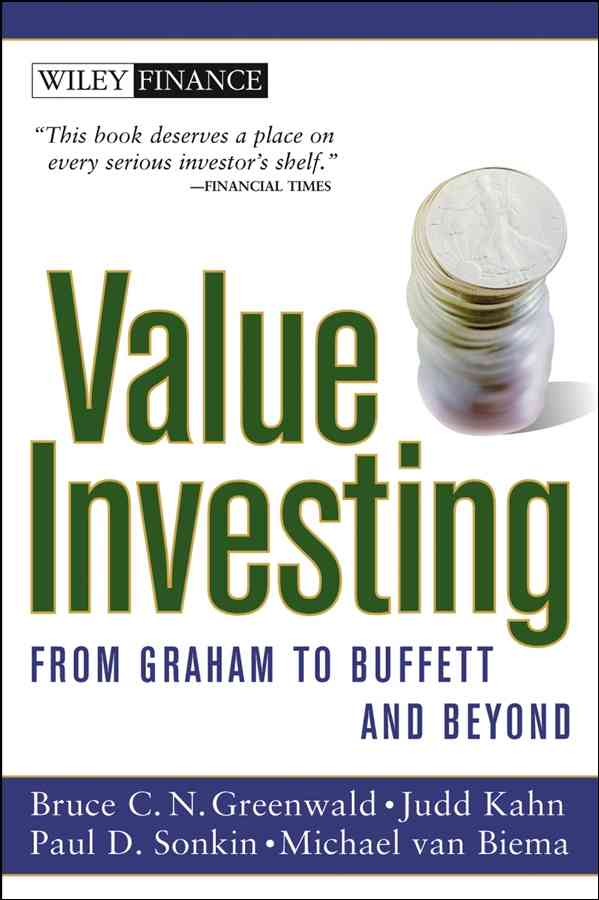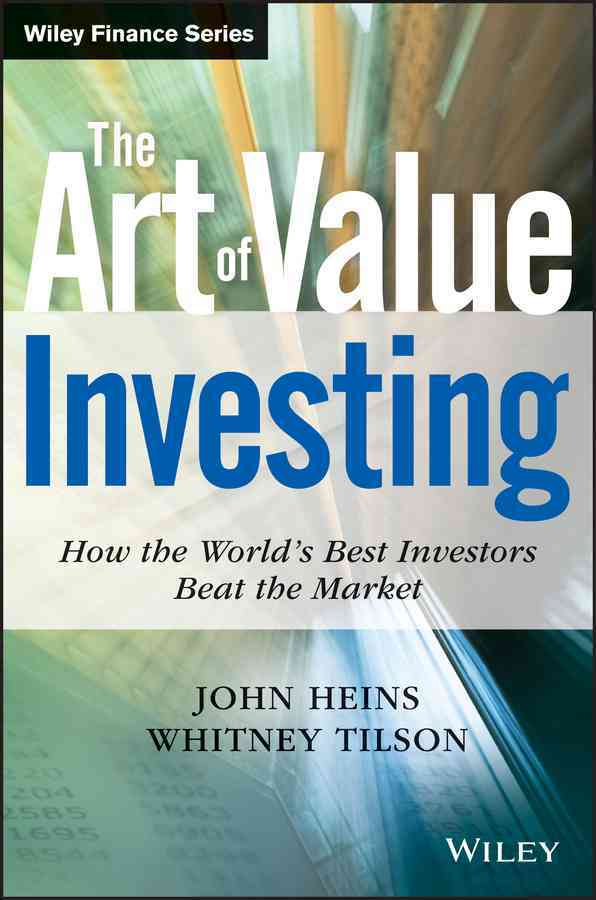Mark Hulbert had a recent piece in the Wall Street Journal called How to Use Stock Splits to Build a Winning Portfolio.? I find it curious, because 31 years ago I wrote my Master’s Thesis called, “Predicting Stock Splits: An Exercise in Market Efficiency.”? As far as I know, aside from the unbound copy sitting next to me, the only other copy is in some obscure part of the Johns Hopkins Library System.? If a number of people are really curious about this, I could try OCR and see if that would adequately read the typewritten text.
But anyway, I find it amusing that some are still trying to use stock splits to try to make money.? Quoting from Hulbert’s piece:
But try telling that to Neil Macneale, editor of an investment-advisory service called “2 for 1,” whose model portfolio contains only those stocks that have recently split their shares, holding them for 30 months. Over the past decade, according to the Hulbert Financial Digest, that portfolio has produced a 14% annualized return, far outpacing the 8% gain of the Standard & Poor’s 500-stock index, including dividends.
Mr. Macneale’s track record isn’t a fluke. Several studies have found that the average stock undergoing a split outperforms the overall market by a significant margin over the three years following the company’s announcement of that split. Indeed, Mr. Macneale said in an interview, he got the idea for his advisory service in the 1990s from one of the first such studies, conducted by David Ikenberry, now dean of the Leeds School of Business at the University of Colorado, Boulder.
Research on stock splits goes back to the ’30s.? In the ’50s & ’60s before MPT got into full swing, a few researchers began trying analyze why there were abnormal rises in stock prices two months before a stock split.? Could it be that other factors affecting future value were somehow associated with stock splits?? Many factors pointed toward that, notably prior price increases, prior earnings increases, and increases in the dividend associated with the stock split.? Little did they know that they were anticipating momentum investing.
The consensus by the end of the ’70s was that there was no excess return after the stock split announcement, and few ways if any to capture the pre-announcement excess returns.? If in the present stock splits are providing excess returns for 2.5 years afterward, well, this is something new.
One of the leading stock-split theories?supported by the work of professors Alon Kalay of Columbia University and Mathias Kronlund of the University of Illinois, Urbana-Champaign?is that companies implicitly have a target range for where they would like their shares to trade.
If a firm’s shares are trading well above that range, and management believes that this high price is more than temporary, it is likely to initiate a split in order to bring its share price back to within that range.
This isn’t a new theory — it goes back to the ’50s, if not earlier.? One of the oldest theories was that it improved liquidity, but back in a time of fixed tick sizes, where everything traded in eighths, and higher commissions, that made little sense to a number of economists.? Splits made trading costs rise in aggregate for the same amount of dollar volume traded.
In the present though, there are many venues for execution of trades, commissions are much smaller, and negotiable.? Perhaps today more shares at lower prices does add liquidity, and the way to test might compare the bid-ask spread and sizes pre- and post-split.
The professors late last year completed a study of all U.S. stocks that split their shares by a factor of at least 1.25-to-1 between January 1988 and December 2007. They say the evidence their study uncovered suggests that splits are an “indication of sustained strong earnings going forward.” It therefore shouldn’t be a big surprise that split stocks outperform other high-price stocks that don’t undertake a split.
What this might mean is that stocks that split are examples of price and/or earnings momentum.? A management team splits the stock as a signal that corporate profit growth has been good, and will continue to be so.? If not, the management team runs the risk that if the stock price falls, it looks bad to a management to have a low stock price.? There are some investors who won’t buy stocks below $10, $5, etc.? Why run the risk of lowering your stock price if you think the odds are decent that the price will fall from there?? Low stock prices affect the confidence of many.
Investors looking to profit from the stock-split phenomenon should shun stocks that have undergone a reverse split and focus instead on those that have split their shares. You will have to invest in such stocks directly because there is no mutual fund or exchange-traded fund that bases its stock selection on stock splits.
Fortunately, constructing a portfolio of such stocks needn’t be particularly time-consuming.
For example, there is no need to guess in advance which companies are likely to split their shares?which in any case would be difficult, if not impossible, to do. There even appears to be no need to buy a company’s stock immediately after it announces a split, since research shows that it is likely to outperform the overall market for up to three years following that announcement.
Still, Mr. Macneale recommends that investors be choosy when deciding which post-split stocks to purchase. He cites several studies suggesting that the post-split stocks that perform the best tend to be those that, at the time of their splits, are trading at relatively low price/earnings or price/book ratios. Both are commonly used measures of a stock’s valuation, with lower readings indicating greater value.
I’m going to have to find the papers that say that post-split stocks outperform for the next 30 months.? Doesn’t sound right — a result like that would have been found from the research pre-1980, and no one suggested that; in fact, the evidence contradicted that consistently.
Note that the investment manager in question uses cheap valuation to filter opportunities.? That the stock has split usually indicates strong price momentum.? Value plus momentum is usually a winner, so why should we be surprised that stock splits often do well?
But I know of three papers that focused on predicting stock splits — two in 1973, and mine in 1982.? It’s not that hard.? Most of it is price momentum, and with a balanced set of stocks that would and would not split, the models predict 70% of the companies that would split.
What’s better, is that the formulas to predict stock splits pick good stocks in their own right — they end up being value and momentum, and maybe a few other factors.? I remember my thesis adviser being surprised at how good my models were at picking stocks.
This brings me to my conclusion: stock splits are a momentum effect, but it is larger when companies are still have a cheap valuation.? Perhaps splits have no effect on stock performance — it is all momentum and valuation.? To me, that is the most likely conclusion, and my thesis anticipated quantitative money management by 10+ years.
In one sense it is a pity I didn’t do anything with it, but if I hadn’t become an actuary, I would never have gained many other insights into the ways that the market works.? I’m happy with the way things worked out.




